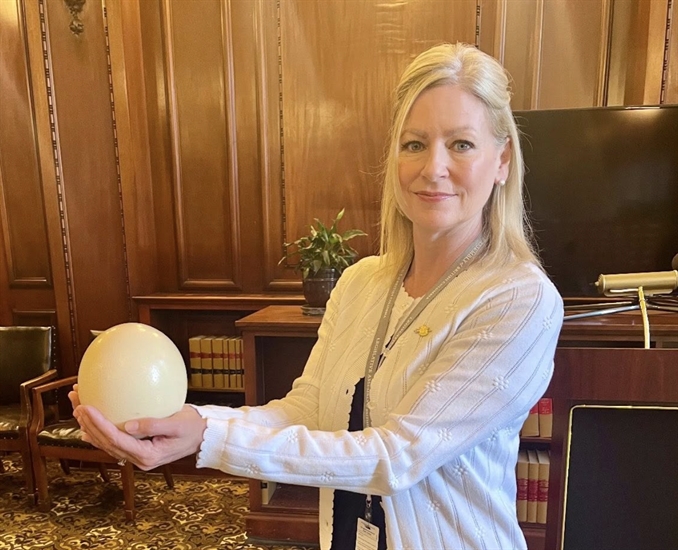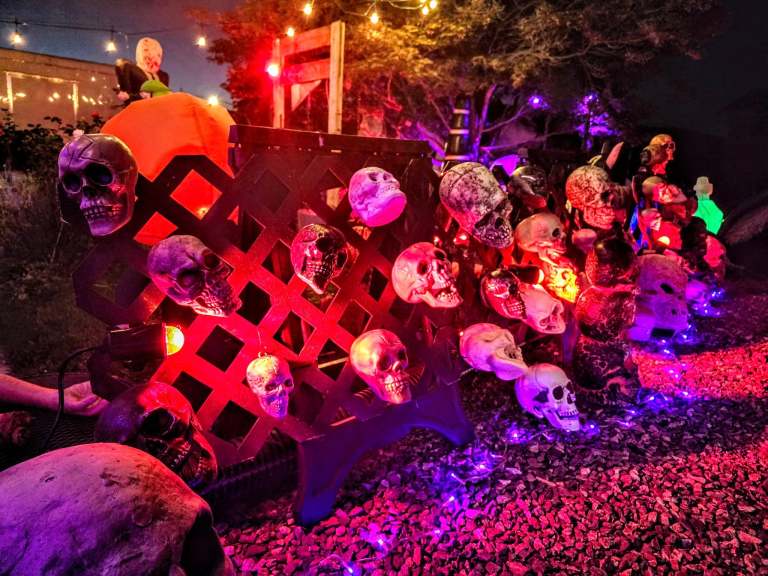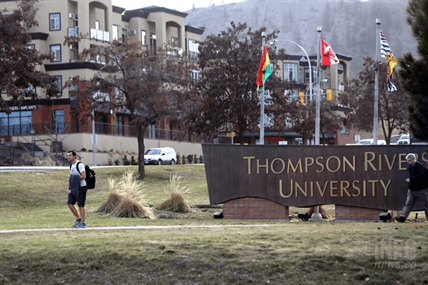B.C. families encouraged to rally for greater visitation rights in long-term care homes during COVID-19

Members of a B.C. patient rights group are calling for a safely-distanced rally in Victoria on Sept. 24 to push for changes to access to seniors in long-term care during the pandemic.
While still in the planning stages, the rally organized by Families for Change – Stories From Long Term Care is scheduled for 2 p.m. in front of the Legislature Building but organizers would welcome support from others holding similar events in other cities.
The rally is being held in an effort to convince government that more family members need to be recognized as essential visitors to help with the care of their loved ones who have been locked down in long-term care homes for months.
“I feel enraged when (health minister Adrian) Dix gets up and offers condolences to families over a COVID death yet over 2,000 seniors in care died without access to their loved ones for months in the last chapter of their life,” wrote one of the organizers who did not want to be identified over concerns for her job.
She was referring to the fact that Dix and provincial health officer Dr. Bonnie Henry, whenever they announce the death of another B.C. resident from COVID-19, send out their condolences and support to family and friends of those who have died.
Yet, many people believe their loved ones are dying prematurely because they’ve not been allowed to visit, help feed them and keep their spirits up.
READ MORE: 'Serious inquiry' needed into B.C.’s lockdown of long-term care homes due to COVID-19
“My mom declines with each visit so I’m actually putting a plan together to bring her home,” the organizer wrote. “She’s 100. I don’t have time to wait for policy changes. I’ve asked again, to be deemed essential. I don’t expect I’ll get a positive response but I had to try.”
Some residents in long-term care have gone so far as to ask their family to help organize assisted suicides because they can no longer tolerate the isolation.
Essential visitors have been allowed into long-term care homes for months if they’re deemed necessary to feed, translate, communicate or help with disabilities. Many family members didn’t know of that provision until July, after rules were eased to allow one visitor per resident, often for less than an hour once a week.
READ MORE: COVID-19 safe distancing rules are keeping long-term care residents 'safe but dwindling'
Families for Change – Stories From Longterm Care is a group of family members of residents in care facilities who’ve organized what is, at this time, a closed Facebook group where they share their stories.
They’ve argued that staff at long-term care homes have spread COVID-19, not visitors, so they’re stressing that those attending rallies take all the necessary precautions, including wearing masks.
“Our premise that we can enter (long-term care) facilities because we are as safe or safer than staff must not be compromised under any circumstance,” the organizer posted on the page.
To contact a reporter for this story, email Rob Munro or call 250-808-0143 or email the editor. You can also submitphotos, videos or news tips to the newsroom and be entered to win a monthly prize draw.
We welcome your comments and opinions on our stories but play nice. We won't censor or delete comments unless they contain off-topic statements or links, unnecessary vulgarity, false facts, spam or obviously fake profiles. If you have any concerns about what you see in comments, email the editor in the link above.
Join the Conversation!
Want to share your thoughts, add context, or connect with others in your community?
You must be logged in to post a comment.


















